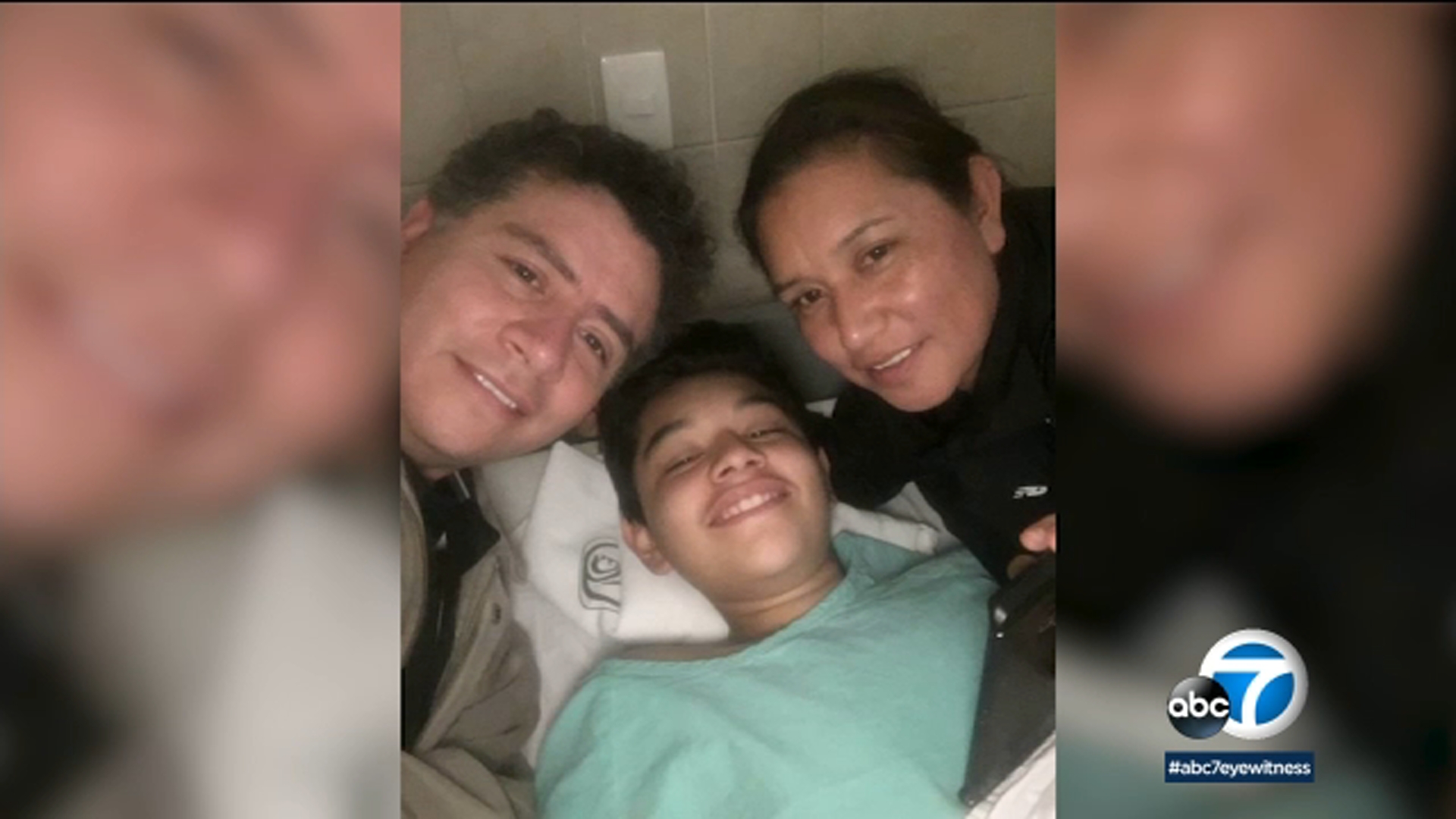ICE transfers without a warrant are permanently banned following vote by LA County supervisors

LOS ANGELES (KABC) -- The Los Angeles County Board of Supervisors, in a rare agreement with Sheriff Alex Villanueva, voted Tuesday to permanently ban cooperation with federal immigrant agents lacking a judicial warrant for inmates released from county jail.
Supervisors Hilda Solis and Sheila Kuehl co-authored the motion asking their colleagues to prohibit the use of county resources of any kind in transferring people to the custody of U.S. Immigration and Customs Enforcement without a judicial warrant. The board's vote makes permanent a moratorium on cooperation established by Villanueva in April in response to the COVID-19 crisis.
"It is the right time to end this jail-to-deportation pipeline,'' Solis said. It is unsettling to hear of unsanitary conditions in detention facilities due to ICE's inability to keep detainees safe from COVID-19, and that many are dying after exposure to the virus while in ICE custody.
"We have also heard of horror stories due to problematic ICE detainer requests that call for the imprisonment of immigrants without due process or probable cause ...,'' she said. We have a moral and constitutional obligation to stop transferring people to ICE custody during this pandemic and long after it is over.''
Father, mother in Mexico fight for right to visit son battling cancer

Kuehl said it made sense to make the ban a matter of county policy that would outlive the pandemic and Villanueva's tenure.
"This motion ensures that ICE will have to present warrants, signed by a judge, if they intend to detain individuals being released from jail, and strengthens the sheriff's decision to institute a moratorium on ICE transfers without a judicial warrant,'' Kuehl said. It adds an additional level of scrutiny to the process. We want to limit any sheriff's cooperation with ICE to what is legally mandated, and this helps make our policy airtight.''
Though Villanueva made his April moratorium on cooperation permanent last month, without the board's action, it could only be enforced during his administration. Prior to the vote, the sheriff called the motion "a very good step forward.''
He also pointed out that the county would need to accommodate the department's need to cooperate with ICE on U visas for victims of crime who help law enforcement.
Activists cheered the action.
"This is truly historic: the nation's largest county, which set a terrible precedent by being among the first jurisdictions to embrace the federal government's devastating deportation programs, is now leading the way by ending ICE transfers altogether absent a judicial warrant,'' said Hector Villagra, executive director of the American Civil Liberties Union of Southern California. "It is a testament to the immigrant community's perseverance and tenacity in fighting, for a decade and a half, to protect its rights.''
IE woman confronts landscaper, demands to see his 'papers'

Multiple union leaders said immigrants' rights are worker rights.
"With Labor Day approaching, the historic action the Board of Supervisors is taking to end ICE transfers without a judicial warrant is not just advancing the rights of all immigrants: it's also protecting the rights of immigrant workers,'' said UNITE-HERE Local 11 Co-President Ada Briceno.
A U.S. Army veteran who was deported twice after serving his country said many fellow veterans mistakenly believed they had achieved citizenship through military services.
"After service, I struggled adjusting. I eventually found myself in prison,'' Hector Barajas told the board. "After I served about three years in prison, instead of returning home to my family, I was turned over to immigration. At the time, I was still a green card holder and not a U.S. citizen. I had not naturalized because I had no information about the process or help through the military or anywhere else. I spent a year in immigration detention without a lawyer, and I was deported.''




